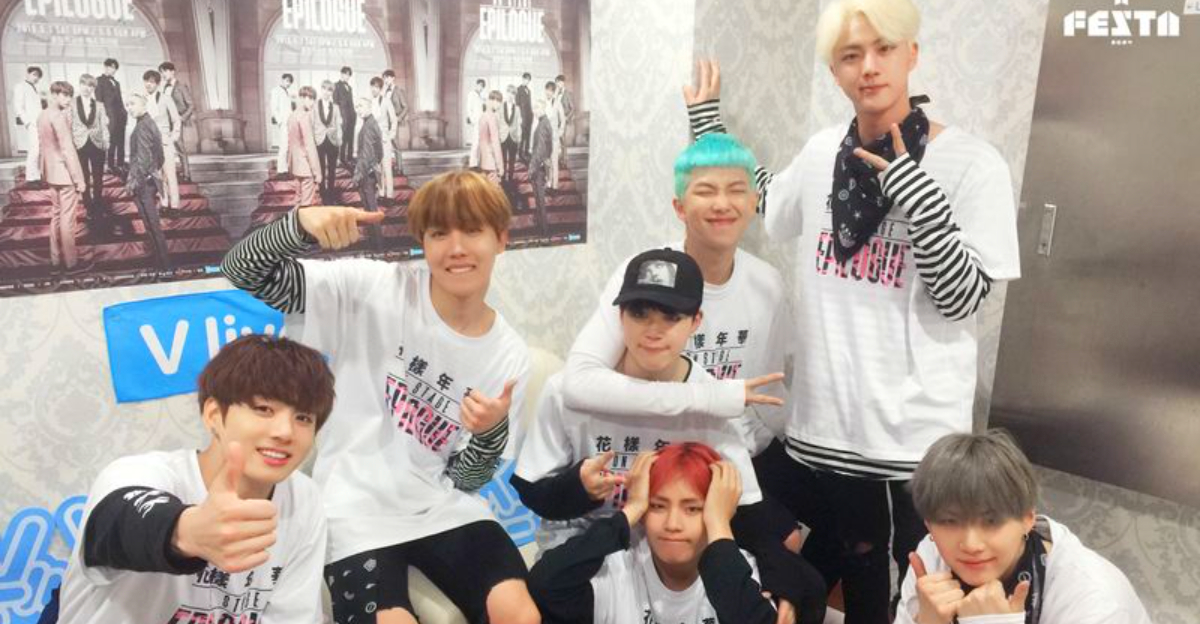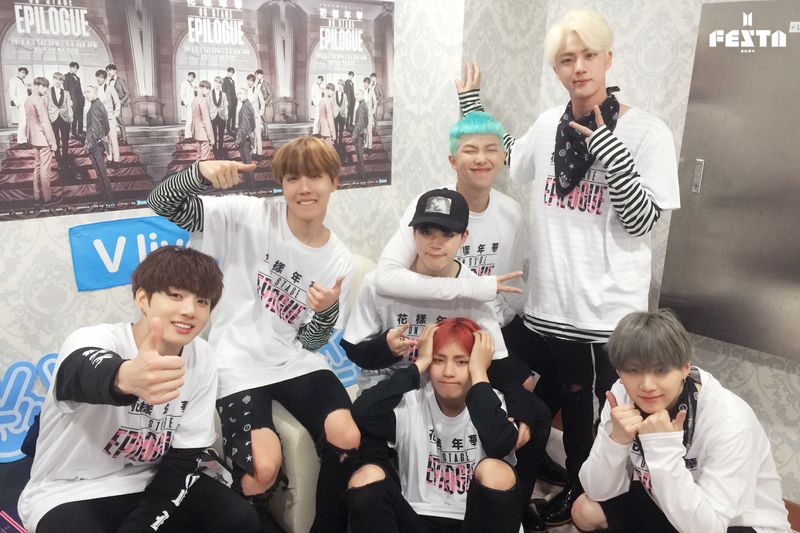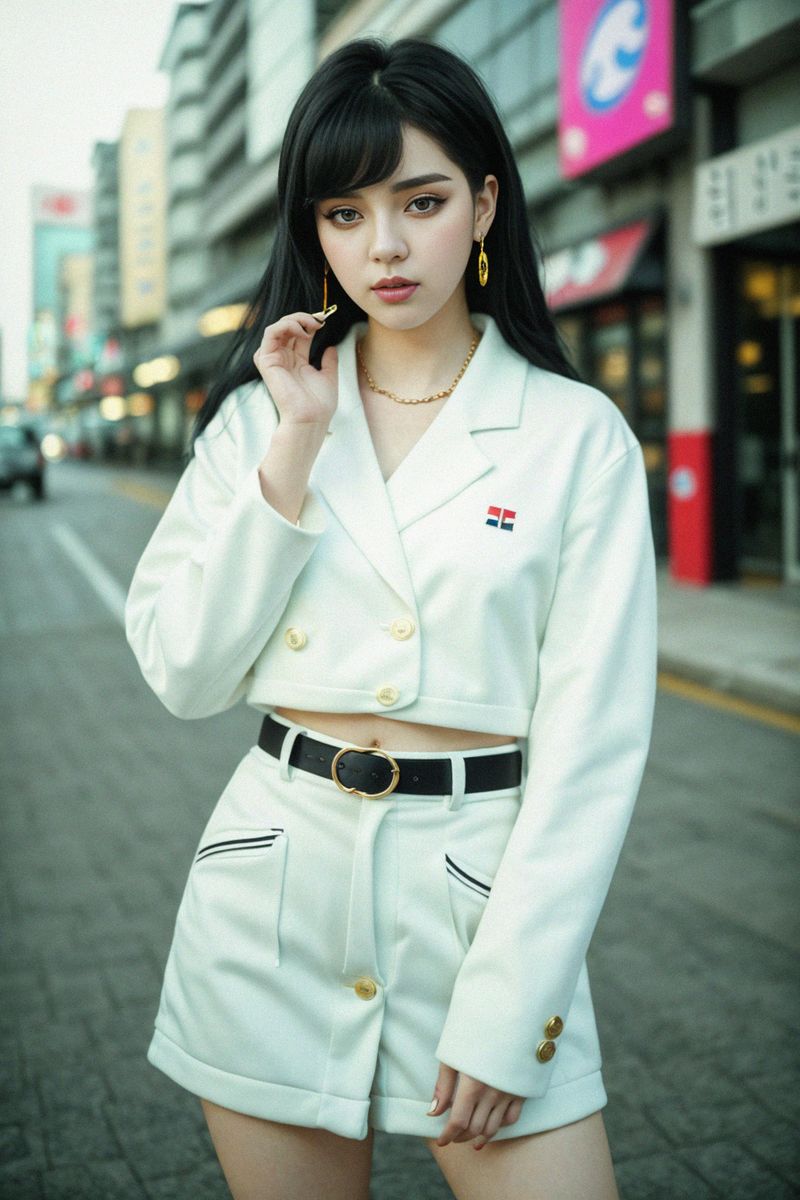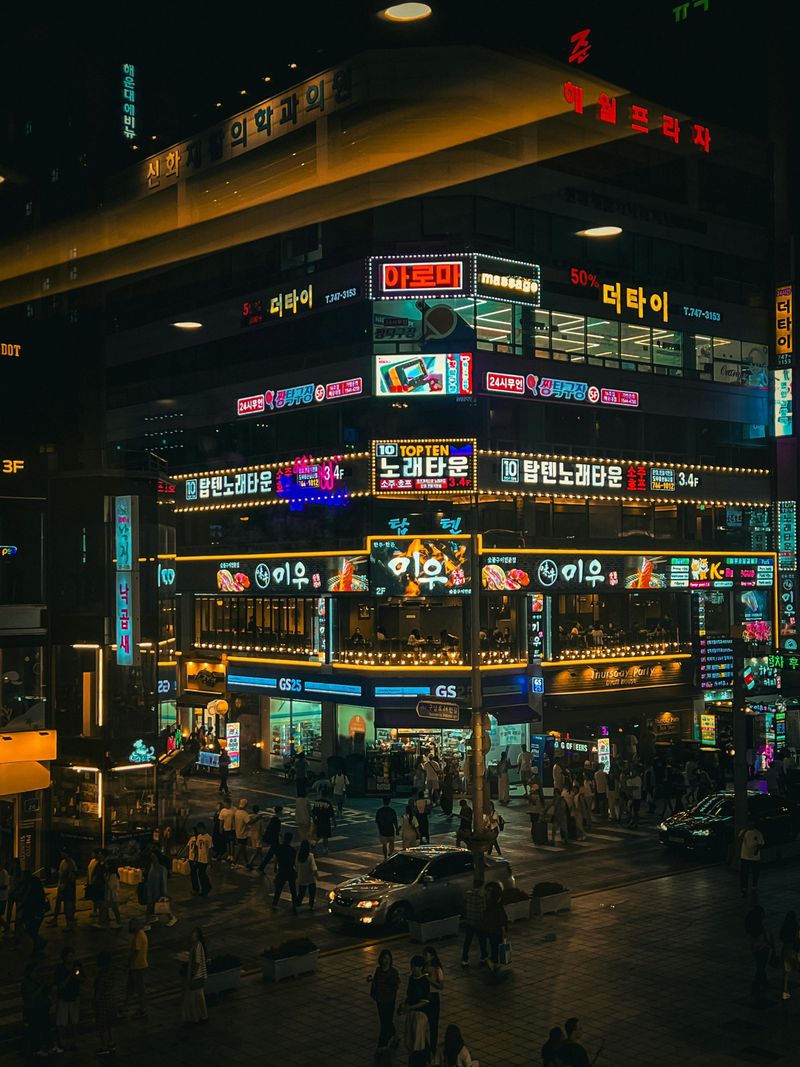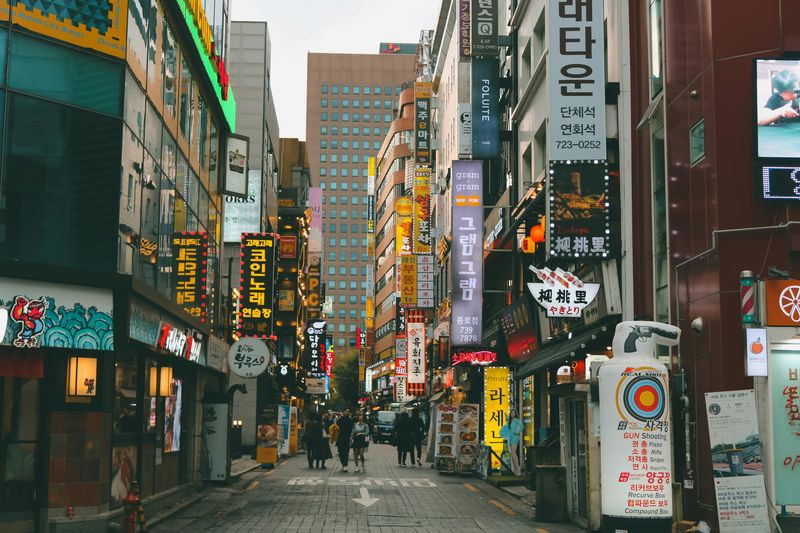South Korea has become a powerhouse of global culture, influencing everything from the music we listen to, the skincare products we buy, and even the fashion trends we follow. In 2025, Korean culture isn’t just popular in Asia—it’s reshaping how people around the world think about beauty, entertainment, and style. Whether you’ve heard of K-Pop superstars or tried a Korean face mask, you’ve experienced the Korean Wave firsthand.
1. Skincare & Beauty — the global rise of K-Beauty
Korean beauty products have taken over bathroom shelves worldwide, and for good reason. South Korea’s cosmetics market is worth about $25 billion, making it the fifth-largest globally and number one in per-capita spending. People everywhere are copying Korean skincare routines like the famous “glass skin” look.
In 2024, Korea exported roughly $9.35 billion worth of beauty products, mainly to Japan and the United States. What makes K-Beauty special is its focus on sustainability, inclusivity with more shade options, and high-tech solutions like AI-customized skincare apps.
Korean brands are setting worldwide standards, changing how we think about beauty routines, packaging design, and even gender norms in cosmetics.
2. Music & Pop Culture — K-Pop as a worldwide phenomenon
K-Pop has exploded beyond Asia to become a true global sensation. The “Hallyu” or Korean Wave shows no signs of slowing down—in 2025, K-Pop remains the most recognized image of Korea around the world. Stars like Jennie from BLACKPINK and BTS members Jin and j-hope dominate Spotify’s global charts outside Korea.
But K-Pop isn’t just about catchy songs and synchronized dancing. It’s become a complete cultural package that includes fashion trends, language learning, social media engagement, and massive brand partnerships. Korea even uses K-Pop idols as cultural ambassadors to boost its international reputation.
Music used to come mainly from Western countries, but now Korean artists compete on the world stage.
3. Fashion, Lifestyle & Soft Power — Korean aesthetic meets global markets
Walk through any major city today and you’ll spot Korean fashion influence everywhere. K-Fashion brings streetwear, minimalism, and gender-fluid styles that appeal to young people globally. Seoul Fashion Week now gets as much attention as fashion shows in Paris or New York.
Korea ranked ninth globally in culture and heritage, and seventh in arts and entertainment in 2025. The Korean approach to beauty and fashion as daily rituals—not just occasional treats—has changed how urban populations worldwide think about self-care and personal style.
This shift proves Korea has moved from being a regional player to a true trendsetter across multiple cultural areas including fashion, lifestyle, beauty, and entertainment.
4. Innovation & Technology — Korea as a cultural-tech hub
Technology and culture blend seamlessly in South Korea’s approach to global influence. Korean beauty brands now use artificial intelligence to create personalized skincare formulas tailored to individual skin types. This tech-heavy approach represents the next wave of K-Beauty innovation.
The fusion extends beyond skincare into immersive media experiences, worldwide concert tours, and surprising collaborations between music, gaming, and fashion industries. K-Pop artists partner with tech companies and global brands in ways that create entirely new entertainment experiences.
Cultural influence today isn’t passive—it’s tech-enabled, globally distributed, and hybrid. Korea leads this transformation by creating complete ecosystems that connect beauty, music, fashion, and cutting-edge technology in innovative ways.
5. Global Commerce & Cultural Exports — economic impact of culture
Culture and commerce go hand-in-hand when it comes to Korea’s global strategy. Korean cosmetics exports reached approximately $9.35 billion in 2024, while K-Pop streaming numbers and album sales break records regularly. Tourism to Korea has surged thanks to people wanting to experience Korean culture firsthand.
Korea’s rising soft power ranking shows how cultural products contribute directly to national brand value and economic success. What people buy, wear, watch, and where they choose to travel—Korea influences all these decisions on a global scale.
Cultural exports aren’t just entertainment anymore; they’re strategic business moves. Korean companies have created a blueprint for monetizing culture through streaming services, merchandise, and brand collaborations.
6. What sets Korea apart in 2025
Korea’s secret weapon is balancing old and new perfectly. The country blends traditional cultural heritage—language, style, customs—with modern digital platforms and global ambitions. This creates something fresh yet familiar that appeals across different cultures.
Korean brands don’t just export culture; they adapt products for global audiences. K-Beauty companies offer wider shade ranges for different skin tones, and K-Pop groups collaborate with international artists. Korea influences beauty, fashion, music, lifestyle, tourism, and language simultaneously.
Both the Korean government and private industry recognize that culture serves as a powerful tool for global influence, making this strategy intentional rather than accidental.
7. Looking Ahead — What to watch for
The Korean cultural wave will only grow stronger with more international partnerships between Korean and Western brands, artists, and creators. Beauty and fashion will become increasingly personalized through AI and data-driven technology that customizes products at scale.
Generation Z values like sustainability and inclusivity are shaping Korean brands, pushing them toward eco-friendly practices and diverse representation. K-Pop fandoms will continue expanding through streaming platforms, global concert tours, and digital engagement that crosses borders effortlessly.
Korean entertainment creates a pipeline from content consumption to tourism—people watch Korean shows, get interested in the culture, then travel to experience Korean beauty, fashion, and cuisine firsthand.
